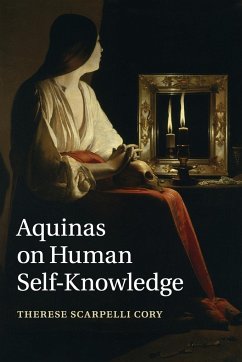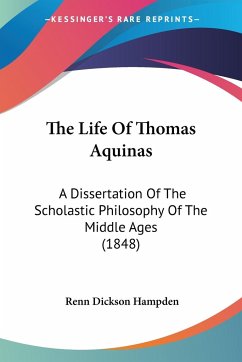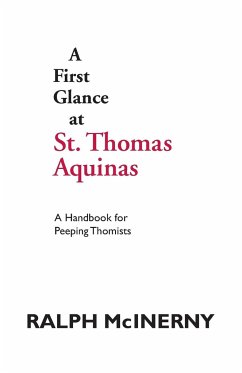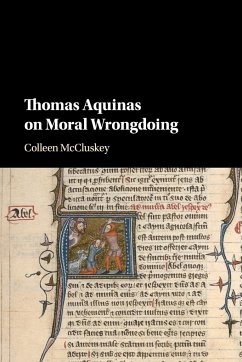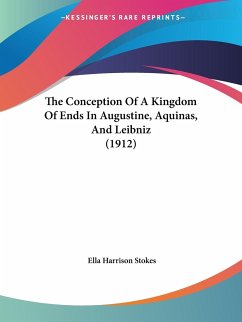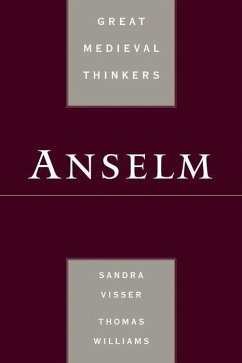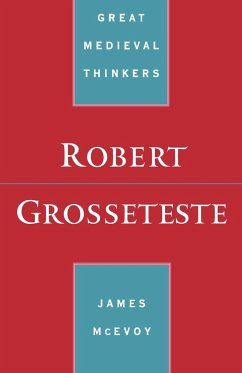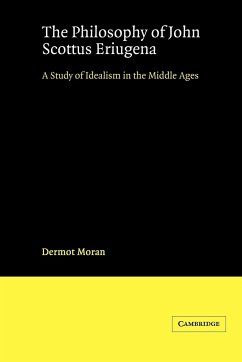
Philosophy of Aquinas
Versandkostenfrei!
Versandfertig in 1-2 Wochen
47,99 €
inkl. MwSt.

PAYBACK Punkte
24 °P sammeln!
This new and updated edition of Christopher Shields and Robert Pasnau's The Philosophy of Aquinas introduces the Aquinas' overarching explanatory framework in order to provide the necessary background to his philosophical investigations across a wide range of areas: rational theology, metaphysics, philosophy of human nature, philosophy of mind, and ethical and political theory. Although not intended to provide a comprehensive evaluation of all aspects of Aquinas' far-reaching writings, the volume presents a systematic introduction to the principal areas of his philosophy and attends no less to...
This new and updated edition of Christopher Shields and Robert Pasnau's The Philosophy of Aquinas introduces the Aquinas' overarching explanatory framework in order to provide the necessary background to his philosophical investigations across a wide range of areas: rational theology, metaphysics, philosophy of human nature, philosophy of mind, and ethical and political theory. Although not intended to provide a comprehensive evaluation of all aspects of Aquinas' far-reaching writings, the volume presents a systematic introduction to the principal areas of his philosophy and attends no less to Aquinas' methods and argumentative strategies than to his ultimate conclusions. The authors have updated the second edition in light of recent scholarship on Aquinas, while streamlining and refining their presentation of the key elements of Aquinas' philosophy.




